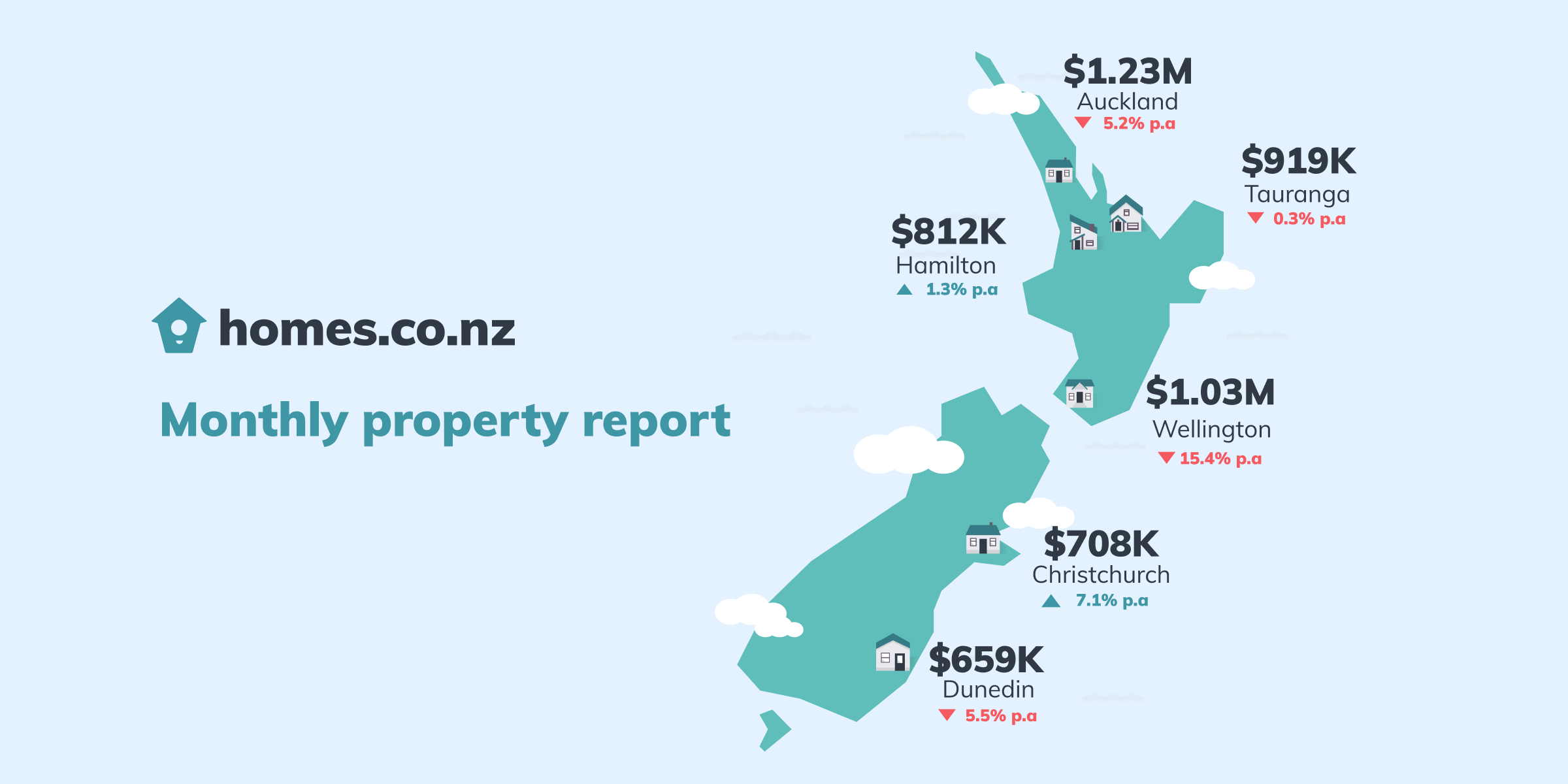On 25 March 2020, New Zealand was placed under a Level 4 Alert lockdown for COVID-19 which has left many sellers and buyers of residential property facing uncertainty. So we asked Luke Havler, Property Solicitor from ARL Lawyers, to share his knowledge about what the lockdown means for property settlements over the next few weeks or months.
Our conversation with Luke was as follows.
“Luke, thanks for your time today! Many people I’ve spoken to recently ask the same question – can I settle while in lockdown?”
My pleasure. The answer is “it depends”. Most of the challenges with settling are due to the restrictions on people’s physical movement – it is for all practical purposes illegal to physically move houses during the Level 4 lockdown period (except in limited cases, such as family violence).
These restrictions on movement present various challenges, such as making the property ready for the new owner to move in, carrying out pre-settlement inspections, and signing documentation without physically visiting a law firm. However, the good news is twofold. Firstly, technology allows us to complete most land transfer transactions online. If the parties have access to video conferencing software such as Skype, then paperwork can sometimes be completed virtually.
Secondly, a written Agreement for Sale and Purchase is a workable document that can be amended by agreement between the parties. Therefore, if the parties are cooperative and willing to amend the agreement in order to adapt to the changing COVID-19 circumstances, then settlement may be possible. We encourage parties to consider their individual circumstances carefully, and then consult with their lawyer to discuss what options are available to them.
“What if settlement is not possible, then what happens?”
In situations where settlement is not possible, parties should in the first instance negotiate with each other. If they are able to find a mutually beneficial solution, then this should avoid the stress, expense and expended time associated with resolving issues in court. One such solution to consider, is agreeing to settle subject to the purchaser renting the property back to the vendor until an agreed date when the COVID-19 restrictions will no longer prevent the vendor from vacating the property. Or alternatively, the parties may simply agree to defer settlement to say, the 15th working day after the Government reduces the COVID-19 Level to Level 2 or below, or to such other date as may be mutually agreed.
It is important to remember that every situation is different and should be considered on its own merits. Accordingly, we recommend parties explore all the options available to them in consultation with their lawyer, to identify the best solution in light of their individual circumstances.
“Instead of agreeing to an alternative solution such as deferring settlement, couldn’t I simply cancel the Agreement?”
There is no automatic right to cancel an agreement because of the COVID-19 restrictions. Rather, the parties’ ability to cancel an agreement will depend to a large extent on the wording of the clauses recorded in the agreement. The Contract and Commercial Law Act 2017 may also allow a party to cancel an agreement if the other party makes it clear they will not comply with their obligations under the agreement. However, parties must be aware that if they wrongfully cancel an agreement (ie without proper grounds), they may face significant legal consequences and be liable to pay damages. It is therefore essential that parties obtain legal advice before proceeding with a cancellation. In our view, cancellation should be treated as an “option of last resort”, and considered only if alternative options cannot be agreed to.
ARL Lawyers https://www.arl-lawyers.co.nz/ continues to operate during the Covid-19 pandemic, and can be contacted on the main office line (04 576 1652), by direct dial or by email. Luke Havler can be contacted at luke.havler@arl-lawyers.co.nz
Disclaimer: The content of this article is general in nature and not intended as a substitute for specific professional advice on any matter and should not be relied upon for that purpose. While we make every effort to ensure the accuracy of the information contained in this article, this is a rapidly changing environment and the information will be subject to change.


